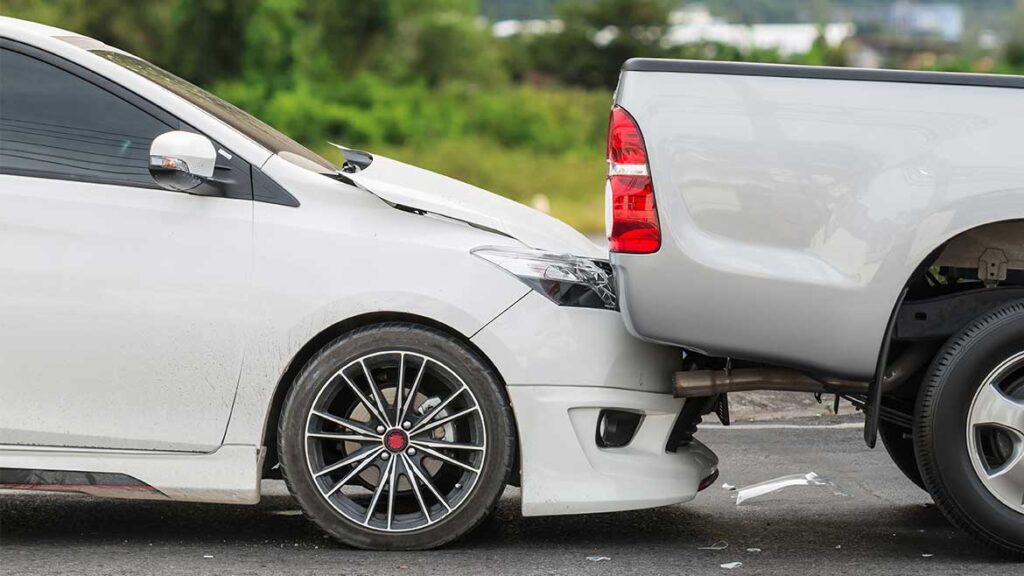Accidents are part of life, and while we can’t predict when or how they’ll happen, we can prepare for the financial impact. Collision insurance is one way to protect yourself and your vehicle in an accident. This type of insurance can help pay for repairs or even replace your car if it is damaged in a collision, regardless of who was at fault.
But how does collision insurance work, what does it cover, and do you really need it? Let’s break it down.
Defining Collision Insurance
Collision insurance is a type of auto insurance that helps pay for repairs to your vehicle if it’s involved in a collision with another vehicle or object, such as a tree, fence, or guardrail. Whether you’re the one who caused the accident or not, collision insurance is there to cover the damage to your car. It doesn’t matter if the other driver is uninsured or underinsured—the coverage still applies.
Why Collision Insurance is Essential
When an accident happens, you could face significant repair bills or the possibility of replacing your vehicle. Without collision insurance, these costs would come out of your pocket. Collision insurance provides the peace of mind that you won’t have to carry this burden alone. It’s especially important if you’re driving a car with a high replacement value or financing or leasing a vehicle.
What Collision Insurance Covers
Damage to Your Vehicle in Accidents
Collision insurance primarily covers damages to your car after a crash. It can pay for repairs or a replacement payout in the event of a total loss. This protection applies to accidents where your vehicle collides with another vehicle or a non-moving object, like a wall or tree.
Coverage in Single-Vehicle Accidents
It’s not just accidents involving multiple vehicles that are covered. Collision insurance also applies in single-vehicle accidents. If you accidentally hit a stationary object like a mailbox, a fence, or even a pothole that causes significant damage to your vehicle, collision insurance steps in to cover the costs.
Protection in Multi-Vehicle Collisions
In the case of an accident involving more than one vehicle, collision insurance will cover your car’s damage, regardless of fault. So, if you’re rear-ended by another driver, your collision insurance can help cover the repair costs for your vehicle while the other driver’s insurance covers theirs.
How Collision Insurance Works
Filing a Claim for Collision Damage
When you’re in an accident, your first step is to file a claim with your insurance provider. You’ll need to provide details of the accident, including the time, location, and how it occurred.
The insurance company may ask for photos of the damage and the police report if one was filed. The claims process will vary depending on your provider, but it’s generally quite simple once you provide all the required information.
Deductibles and How They Impact Coverage
A deductible is the amount of money you must pay out of pocket before your collision insurance coverage kicks in. The higher your deductible, the lower your premium (the monthly payment for the policy).
However, it’s important to choose a deductible that you’re comfortable paying in the event of an accident. For example, if your deductible is $500, and you have an accident where the damage is $3,000, you’ll pay $500, and your insurance will cover the remaining $2,500.
Who Needs Collision Insurance?
New Car Owners
If you’ve recently purchased a new car, collision insurance is a smart choice. A new car is an investment, and if it’s damaged, the repair or replacement costs can be high. Collision insurance can provide the protection you need to ensure that you aren’t left paying out of pocket for these expenses.
Drivers with Loans or Leases
When you finance or lease a vehicle, the lender or leasing company often requires you to carry collision insurance. This is because they have a vested interest in the car’s value and want to make sure it’s protected. If you’re leasing or financing a car, collision insurance may be part of the requirements.
Conclusion
Collision insurance is an important part of your car insurance policy, offering financial protection in case of accidents. While it’s not required by law, it’s essential for anyone driving a newer vehicle or one that’s being financed or leased. Understanding what collision insurance covers, how it works, and whether it’s right for you can help you make informed decisions about your auto insurance policy.
At Circadian Brokers, we specialize in helping you find the right collision insurance coverage for your needs. Our independent approach allows us to compare plans from top providers, ensuring you get the best possible deal. Contact us today and drive with confidence knowing that your car is fully protected!









